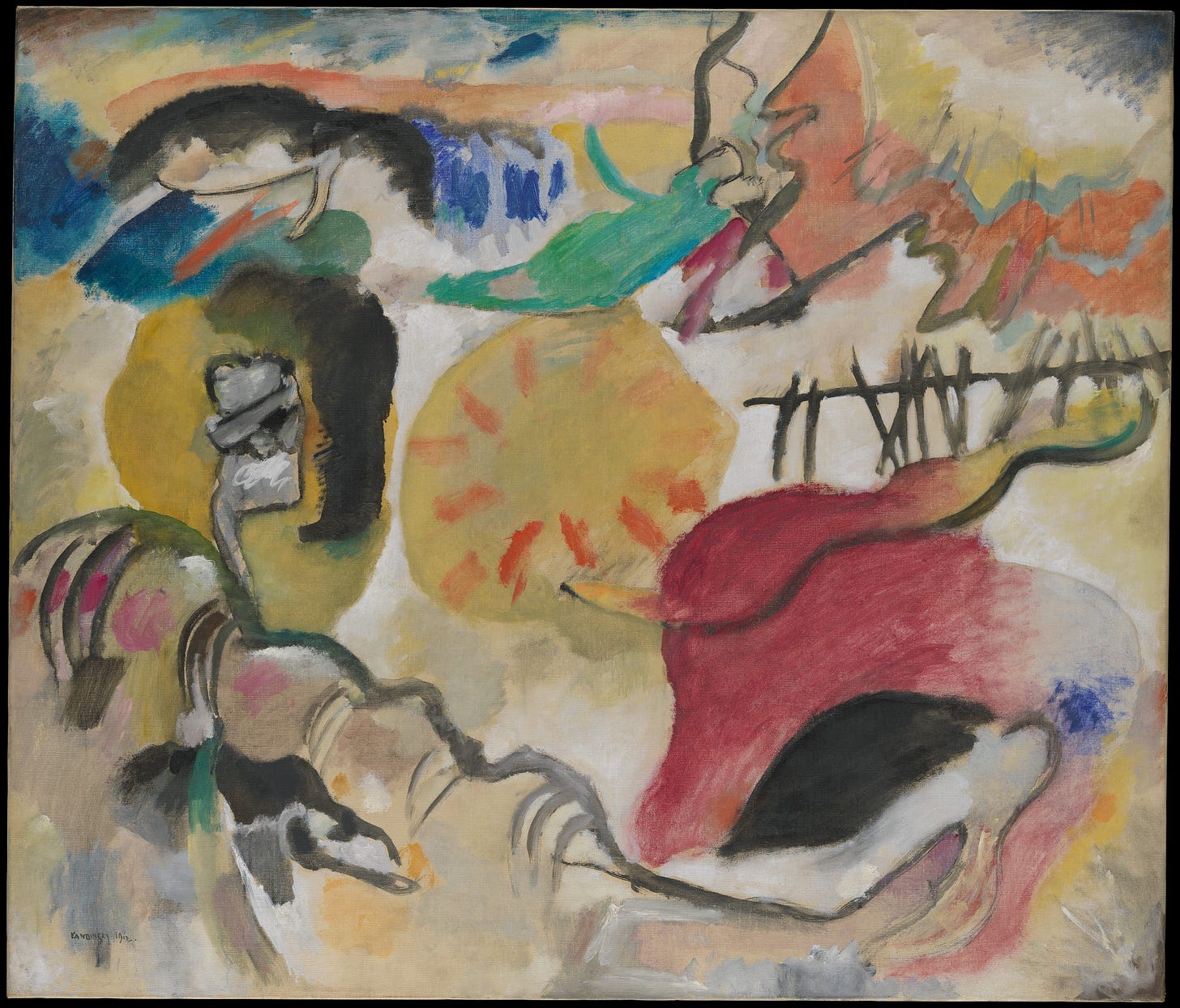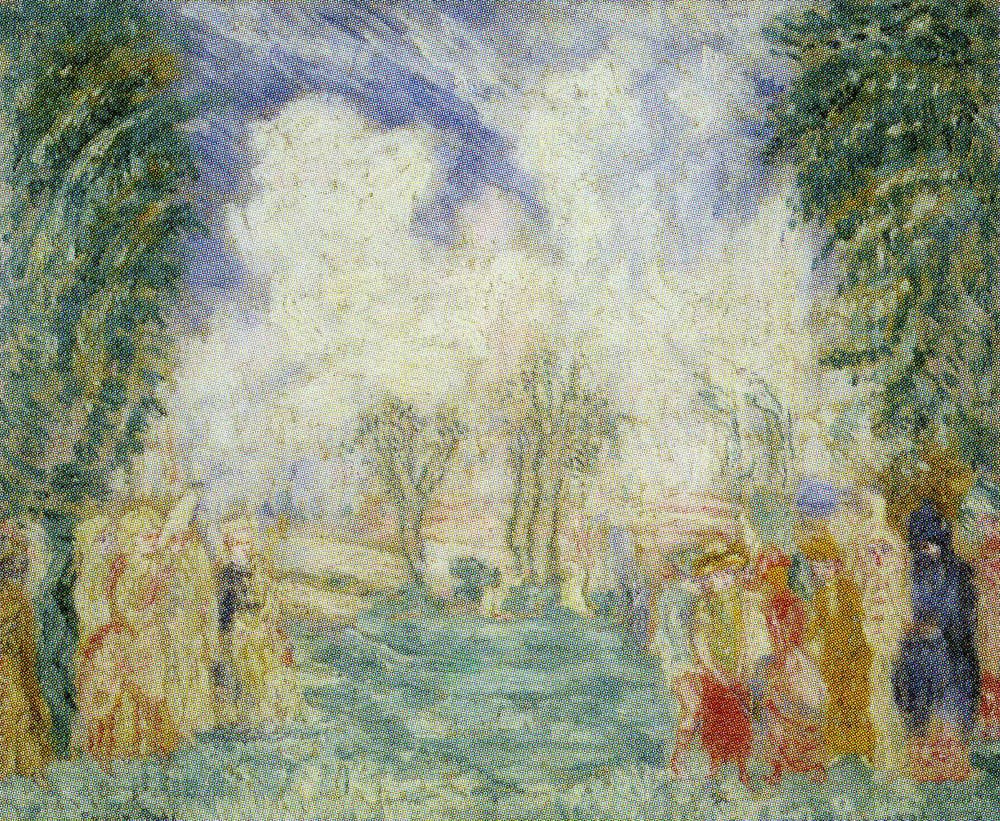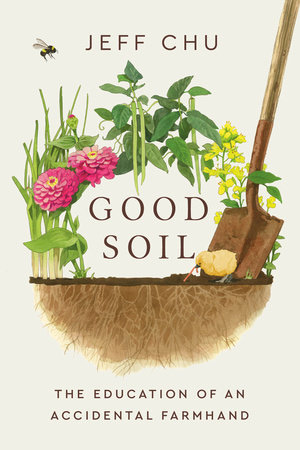More than Conquerors
Some fragmented thoughts on the potential of love, Romans 8, dried beans, memory and family, and book tour
Friday, September 20
Grand Rapids, Mich.
I spoke last Sunday evening at River Road Church in Richmond, Virginia. It’s a theologically and politically diverse congregation. While they have in practice been fully inclusive, they’re still in the process of turning that practice into policy. During my prep call a couple of months ago with one of the pastors, Anna Perry Miller, the themes of belovedness and belonging kept surfacing. “What might you have to say to speak into that?” she wondered. “There’s a real opportunity to meet people where they are.”
I love spending time with such congregations, talking about such things. I’m grateful that there are still churches where there is room for people to wrestle and evolve in their faith. I appreciate whenever I’m invited into the midst of folks who acknowledge that they don’t have it all figured out.
It took me an unusually long time, though, to figure out what I wanted to say. This was supposed to be a talk, not a sermon. (Yes, they’re distinct in my mind.) But in the end, I returned to one of my favorite passages of Scripture, Romans 8:33-39. Here’s how the New King James Version puts it:
Who shall bring a charge against God’s elect? It is God who justifies. Who is he who condemns? It is Christ who died, and furthermore is also risen, who is even at the right hand of God, who also makes intercession for us. Who shall separate us from the love of Christ? Shall tribulation, or distress, or persecution, or famine, or nakedness, or peril, or sword? As it is written: “For Your sake we are killed all day long; we are accounted as sheep for the slaughter.”
Yet in all these things we are more than conquerors through Him who loved us. For I am persuaded that neither death nor life, nor angels nor principalities nor powers, nor things present nor things to come, nor height nor depth, nor any other created thing, shall be able to separate us from the love of God which is in Christ Jesus our Lord.

As I told the congregation, even in the years when I was too afraid and too wounded to set foot in a church, this text would pop into my mind occasionally. Even when I didn’t believe it to be true, I wanted it to be true.
There’s a tiny snippet of that passage that I’ve been thinking about in the days since. It’s the part where Paul says that “we are more than conquerors” through Christ who loved us.
What does it mean to be more than conquerors? Most translations go with that wording. But a few do diverge: The NRSV says, “We are more than victorious,” the Tyndale Bible of 1526 renders it, “We overcome strongly,” and the NASB says, “We overwhelmingly conquer.”
This is the only place in Scripture where some form of the verb ὑπερνικάω (hupĕrnikaō) is used. But the original Greek for Romans 8:37 actually says ὑπερνικῶμεν (hupernikomen)—“we more than conquer.”
As I thought about this, I considered the militarized imperial context in which Paul was writing. This isn’t the only place he plays with militaristic metaphors. For instance, there’s the famous “full armor of God” passage in Ephesians. When I considered those images—truth as a sword, righteousness as a breastplate—and when I read everything through a hermeneutic of love, I began to come to a different perspective: What if Paul is calling the faithful not to aspire to be some super-conqueror but rather to choose something altogether better than conquest?
As I looked around at the violence of our world today, I felt even more strongly that there must be some other, more winsome framing for all this than “battle” or “fight.” I think the NRSV hints at something important—intentionally or not, I can’t say—when it says, “We are more than victorious.”
The rest of Romans 8 is a stirring exhortation to remember the expansiveness of love. In that light, it makes little sense to imagine that Paul would double down on the existing system or argue that there’s simply a more superior way to win. Instead, I wonder whether he is urging the reader toward an entirely countercultural posture—a way of love that rebukes the temptation to triumph in any usual sense, or at least suggests that there is something more vital here than victory. After all, if “we” win, who is the “them” that loses?
“Love wins,” people like to say. I suppose that implies that hate loses, and obviously I’m not opposed to that. But Romans 8 compels me to ask whether there might be something that pulls us out of the us-vs.-them setup that still seems so often to go unchallenged. (Nadia Bolz-Weber’s reflection this week on the story of Jonah and how we view our enemies is well worth your read.)
Say Paul is right. If love is indeed so all-encompassing, so gorgeous, and so incontrovertibly moving that it will ultimately have its redemptive way, “love wins” feels so insufficient. Yet do we even have any language that can more accurately express what love does?
Love heals.
Love reconciles.
Love redeems.
Love transforms.
Perhaps not pithy enough for a button or bumper sticker. But I want to be true.
What I’m Growing: I mentioned the beans last week. Most of that labor has moved indoors. In late summer, I set up a shelling station on the floor of our living room, with a big box of all the dried beans I’m collecting every day in the garden and three bowls—one for black beans, one for white beans, and one for all the others. If you’d told me twenty years ago that this would be a part of my life, I would have laughed. I hated beans! But marriage can sanctify: My affection for them has grown thanks to Tristan, who loves beans.
Cracking open each pod is like opening a present, each bean a miniature work of art. I will also say that growing them and processing them has given me a new appreciation for the labor that it takes to produce our food. While I’m sure the companies that produce them at supermarket quantities have replaced human hands with machinery, shelling beans is no small task. We’ll save some for seed for next season—and we’ll enjoy eating the rest in midwinter.
What I’m Reading: Consider this counterprogramming against the noxious lies about Haitian immigrants in Ohio: The luminous Haitian-American writer Edwidge Danticat has a new collection of essays out called We’re Alone. An excerpt from that book is on the Oprah Daily website. It’s a piece about the decline and death of her uncle, and I found Danticat’s reflections on family deeply moving.
“Family is not only made up of your living relatives,” she writes. “It is elders long buried and generations yet unborn, with stories as bridges and potential portals. Family is whoever is left when everyone else is gone. It is whoever is cleaning up at the end of the party or the funeral repast. It is that person whose one nod might comfort you more than hundreds of words from someone else. Family members help you carry your dreams and memories.”
The essay is not long—just nine paragraphs!—but Danticat packs so much meaning and heart into its short span. It’s well worth your read and your reflection.
Programming notes: I’m furiously working my way through the page proofs for Good Soil. I’m both grateful for the chance to tell this story and terrified at the thought of putting it out into the world. This is the most vulnerable thing I’ve ever written. I’m in the early stages of planning the book tour. Tentative plans include stops in the Bay Area, Houston, and Memphis—and obviously, we’ll do something at the Farminary as well as in Grand Rapids. Where else should I go?
I’m open to suggestions, especially if you have a great indie bookstore in your town—and particularly if you own said bookstore. Just to keep things from getting totally unwieldy, if you have an idea, please look through the comments first, see if anyone else has already named that city or town, and if they have, add your vote to theirs. You can also always email me at makebelievefarmer@gmail.com if you think your bookstore and/or church and/or organization would want to help host a visit.
This Sunday, September 22, I’ll be at the First Presbyterian Church of Annapolis, Md., both to preach and to deliver the 2024 Bass Lecture. I’m grateful to my friends Mihee Kim-Kort and Andy Kort, the pastors there, for the invitation. All are welcome! Worship is at either 8:30 a.m. or 11 a.m., and the lecture and Q&A will be at 9:30 a.m. (The 11 a.m. service will be livestreamed via the church’s YouTube channel.)
Thanks, as always, for walking alongside me.
Yours,
Jeff








I'm sure you already have Bay Area bookstores you're a fan of, but I've partnered quite a bit with A Great Good Place for Books in Oakland. Happy to connect you with Kathleen, the owner. I'm also happy to host something, interview you, or brainstorm options in the greater Bay Area. Lots of great bookstores, people, and churches here.
Portland Oregon!